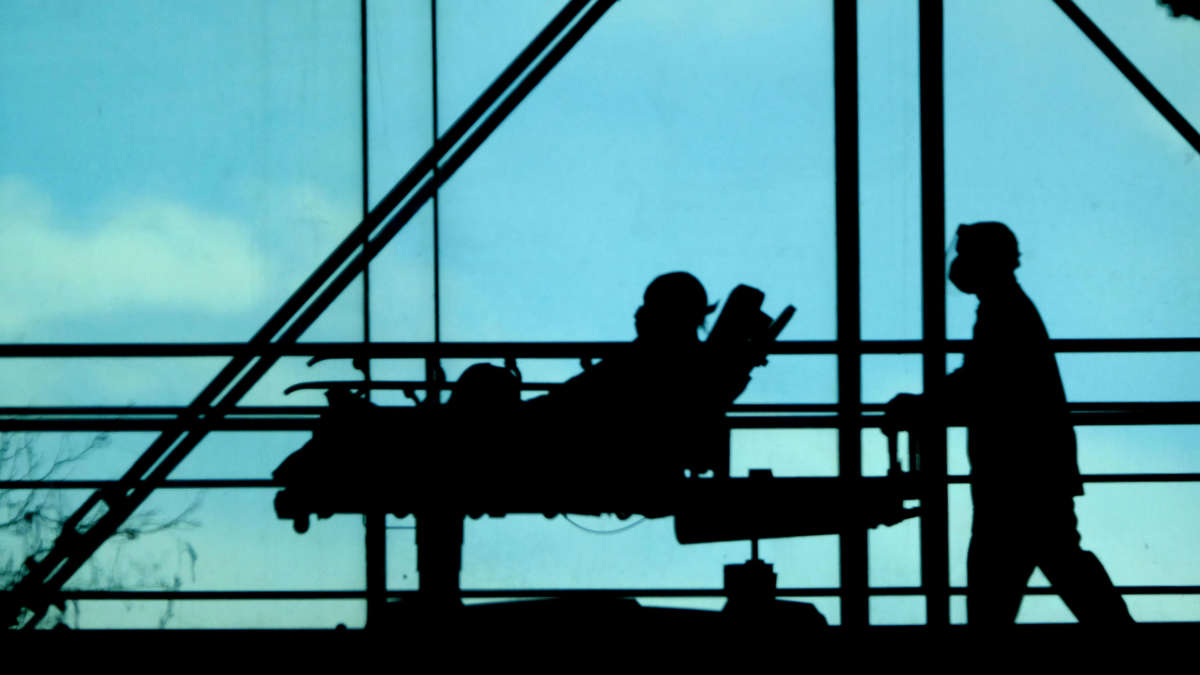Support justice-driven, accurate and transparent news — make a quick donation to Truthout today!
Life expectancy in the United States has dropped for the second year in a row, a decline that is largely due to the coronavirus pandemic and the country’s inequitable health care system, experts say.
Before the pandemic, the average life expectancy in the U.S. was 78 years and 10 months. In 2020, that number dropped to 77 years, and last year, it dropped to 76 years and one month.
The last time the nation’s life expectancy was this low was more than two decades ago, in 1996. The current drop is the largest two-year decline in the U.S. in almost 100 years of tracking the data.
The life expectancy for members of marginalized communities has undergone a particularly precipitous drop. Over the past two years, the life expectancy for Native Americans and Alaska Natives dropped by around 6.6 years.
“It’s a ridiculous decline. When I saw a 6.6 year decline over two years, my jaw dropped…. I made my staff re-run the numbers to make sure,” said Robert Anderson, chief of the mortality statistics branch of the National Center for Health Statistics.
The life expectancy for Native Americans and Alaska Natives is now just 65 years, according to the new numbers. This figure is equivalent to the nation’s life expectancy overall in the 1940s.
The numbers were released in a government report on Wednesday, which cited the pandemic as the central reason for the decline. But experts say additional factors played a role, as other wealthy nations have not seen the same drops, and some have begun to see their life expectancies recover from declines brought on by the pandemic.
Steven Woolf, director emeritus of the Center on Society and Health at Virginia Commonwealth University, attributes the discrepancy to the fact that other countries have had more effective vaccination campaigns and populations that are more willing to social distance and wear masks.
The U.S. health care system has also contributed to the decline, he said. While the U.S. is a world leader in terms of what kind of care it can provide, there are widespread socioeconomic disparities that make access to care more difficult, particularly for marginalized communities.
“The U.S. is clearly an outlier” among other wealthy nations, Woolf said to The New York Times.
Notably, the U.S. is the only large wealthy country in the world without universal health care.
Trump is silencing political dissent. We appeal for your support.
Progressive nonprofits are the latest target caught in Trump’s crosshairs. With the aim of eliminating political opposition, Trump and his sycophants are working to curb government funding, constrain private foundations, and even cut tax-exempt status from organizations he dislikes.
We’re concerned, because Truthout is not immune to such bad-faith attacks.
We can only resist Trump’s attacks by cultivating a strong base of support. The right-wing mediasphere is funded comfortably by billionaire owners and venture capitalist philanthropists. At Truthout, we have you.
Truthout has launched a fundraiser to raise $45,000 in the next 8 days. Please take a meaningful action in the fight against authoritarianism: make a one-time or monthly donation to Truthout. If you have the means, please dig deep.
